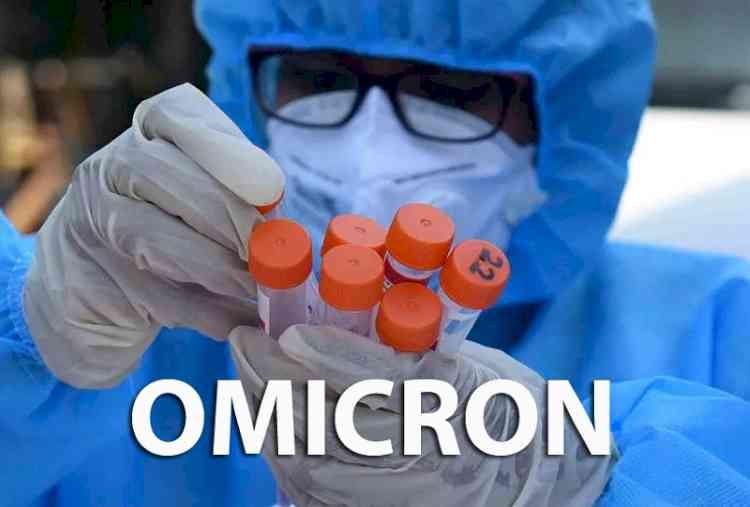Study identifies mutations specific to Omicron variant
While the Omicron variant continues to infect people around the world, a team of researchers, including one of Indian-origin, has identified the highly prevalent, specific mutations that are causing the Omicron variant's high rate of infection.

New York, Jan 22 (IANS) While the Omicron variant continues to infect people around the world, a team of researchers, including one of Indian-origin, has identified the highly prevalent, specific mutations that are causing the Omicron variant's high rate of infection.
The findings help explain how the new variant can escape pre-existing antibodies present in the human body, either from vaccination or naturally from a recent Covid-19 infection.
"We know that viruses evolve over time and acquire mutations, so when we first heard of the new Omicron variant, we wanted to identify the mutations specific to this variant," said Kamlendra Singh from the University of Missouri in the US.
For the study, published in the Journal of Autoimmunity, the team analysed protein sequences of Omicron samples from around the world, including South Africa, Botswana and the US
The team identified 46 highly prevalent mutations specific to Omicron, including several located in the region of the virus' spike protein where antibodies bind to the virus to prevent infection.
"The purpose of antibodies is to recognise the virus and stop the binding, which prevents infection," Singh said.
"However, we found many of the mutations in the Omicron variant are located right where the antibodies are supposed to bind, so we are showing how the virus continues to evolve in a way that it can potentially escape or evade the existing antibodies, and therefore continue to infect so many people," he added.
As antiviral treatments for individuals infected with Covid-19 continue to be developed, Singh explained that having a better understanding of how the virus is evolving will help ensure future antiviral treatments will be targeted toward the specific parts of the virus to produce the most effective outcomes.


 IANS
IANS 








